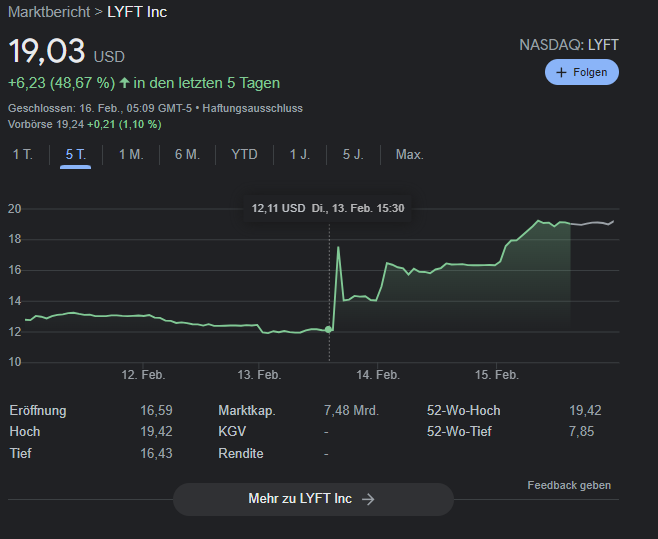
Research breakdown at Stockholm's Karolinska Institute: A cooling failure destroys cell cultures from decades of research
Research mishap at Stockholm's Karolinska Institute: A cooling failure destroys cell cultures from decades of research - can you insure against it? An incident that threatens your very existence, but which we would like to shed some light on from the perspective of an insurance broker specializing in life sciences. What happened? A cooling system at the Karolinska Institute in Stockholm, Sweden's most important medical research center, failed for five days. Biological material that had been collected over 30 years and, according to the institute, was unique in the world, was destroyed as a result. The material was stored in deep-freeze tanks in which the temperature



